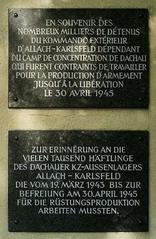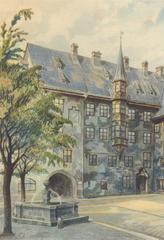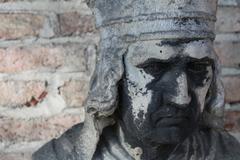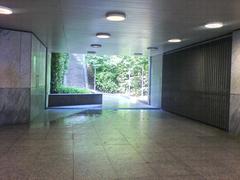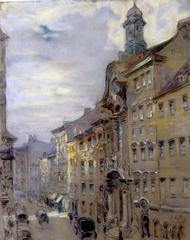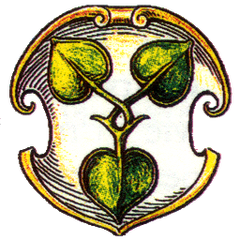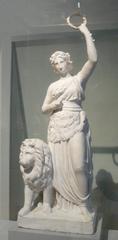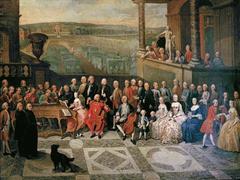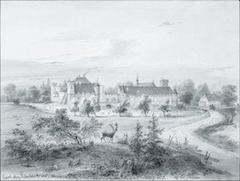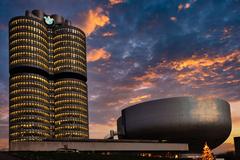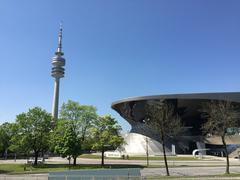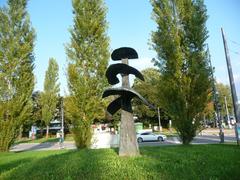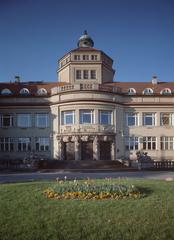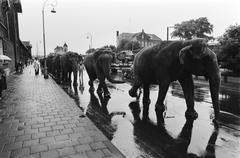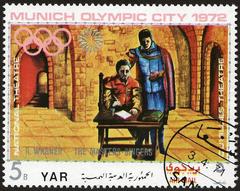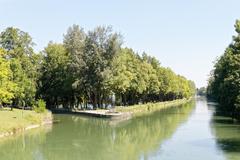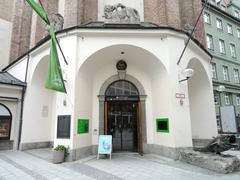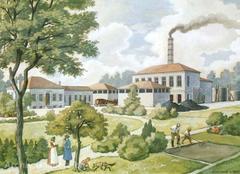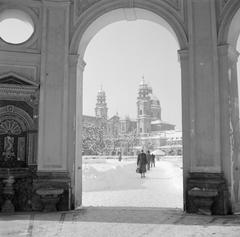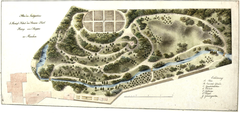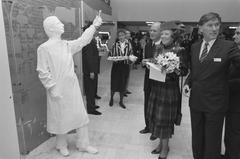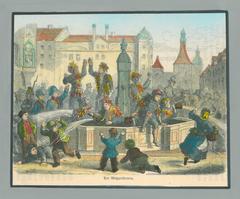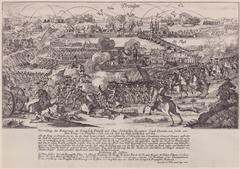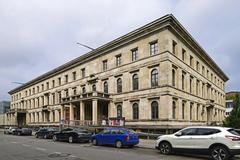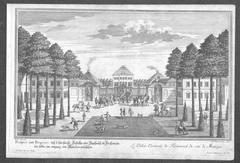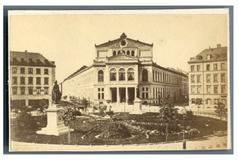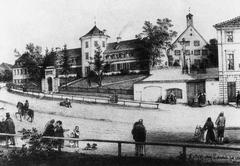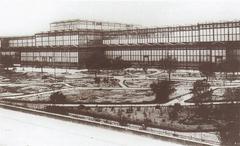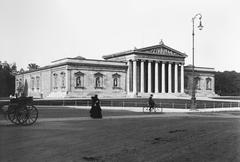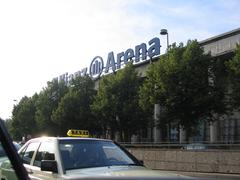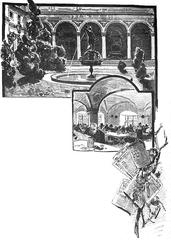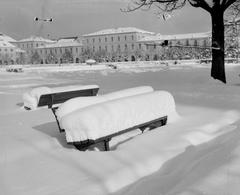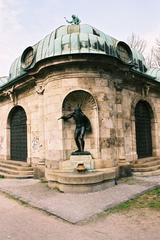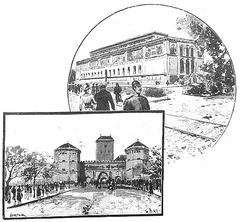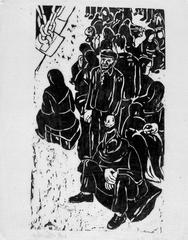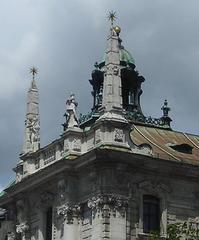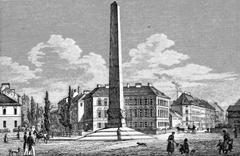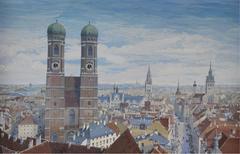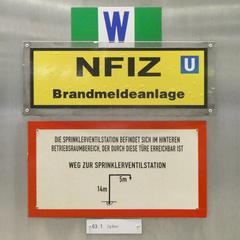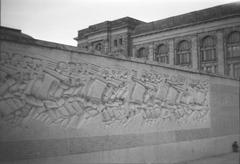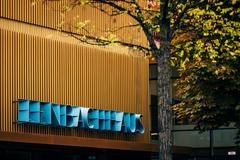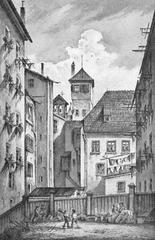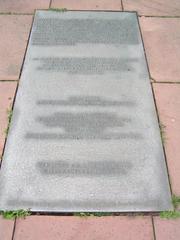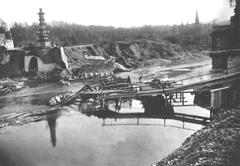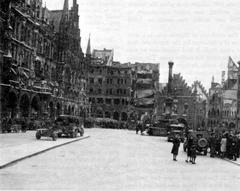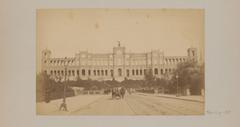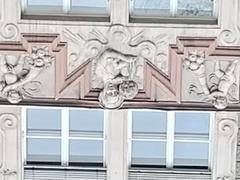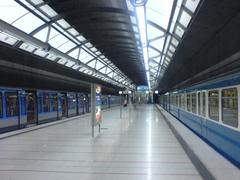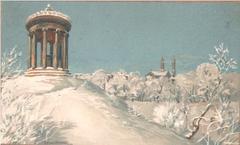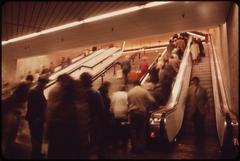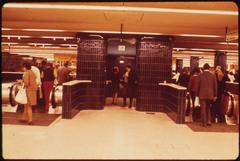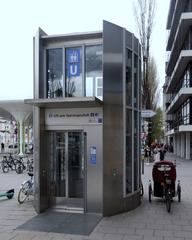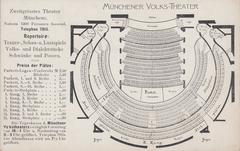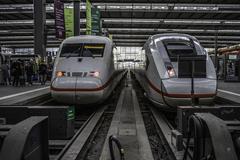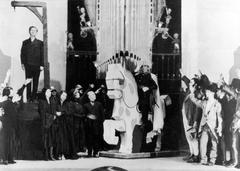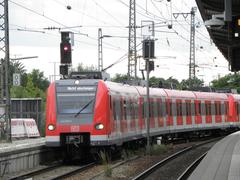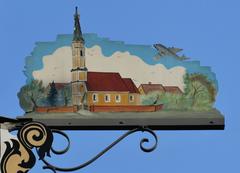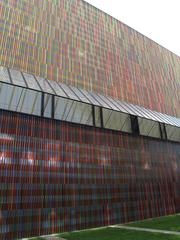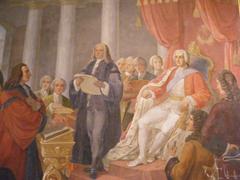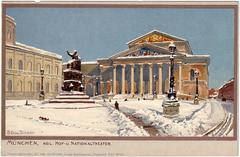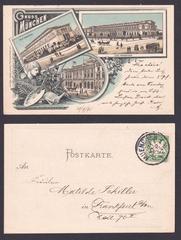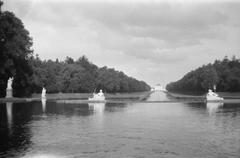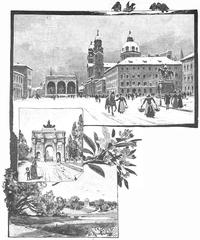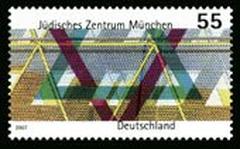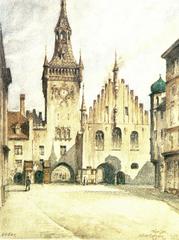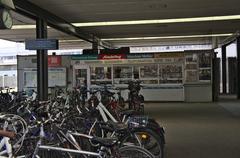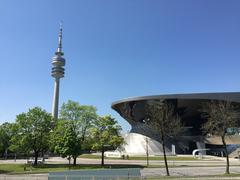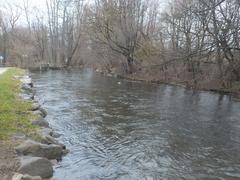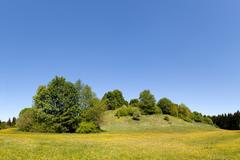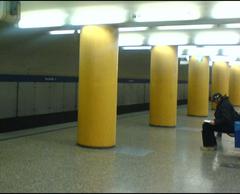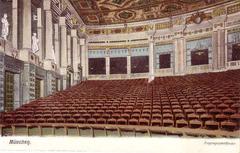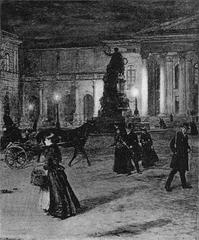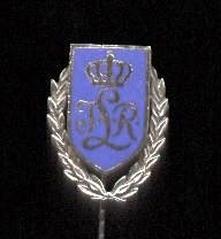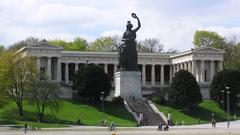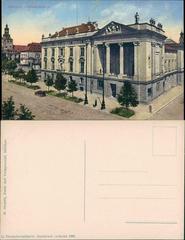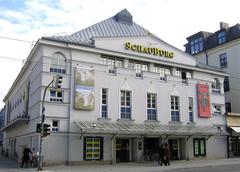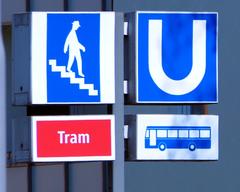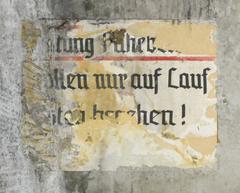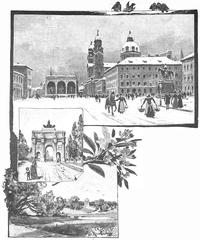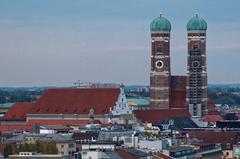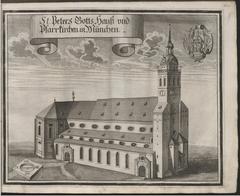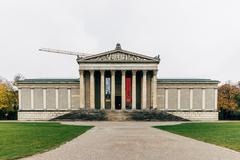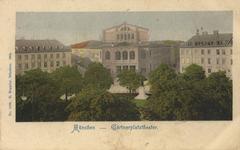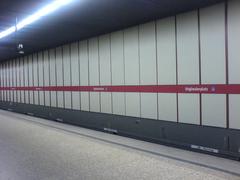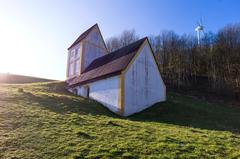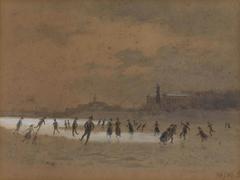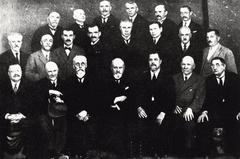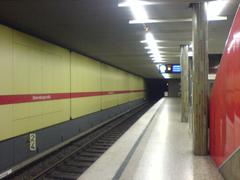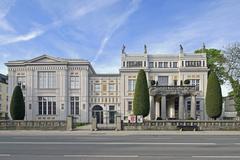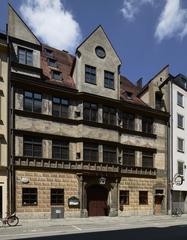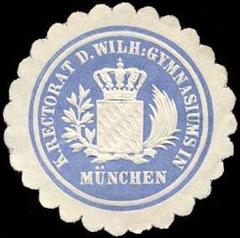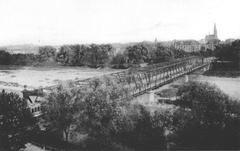
Deutsches Museum Verkehrszentrum: Comprehensive Guide to Visiting Hours, Tickets, and Travel Tips
Date: 04/07/2025
Introduction
The Deutsches Museum Verkehrszentrum in Munich stands as an essential destination for anyone interested in the history and future of transport and mobility. Situated on the historic Theresienhöhe exhibition grounds, this branch of the world-renowned Deutsches Museum network combines architectural heritage with cutting-edge exhibits, offering visitors of all ages an immersive experience that explores the evolution of mobility, technological innovation, and their profound impacts on society (Deutsches Museum – The Museum; Munich Travel).
Encompassing approximately 12,000 square meters, the museum features over 250 artifacts—including the Benz Patent-Motorwagen, vintage trams, motorcycles, and modern high-speed trains—presented across three architecturally significant halls dating to 1908 (Transport Museums Directory; WhichMuseum). This guide provides all essential details on visiting hours, ticketing, accessibility, exhibition highlights, and travel tips to help you make the most of your visit to one of Munich’s most treasured historical sites.
Historical Background and Architectural Heritage
The Exhibition Grounds: Origins and Development
The Theresienhöhe site has played a significant role in Munich’s commercial and cultural life since 1908, initially serving as permanent exhibition grounds that marked the city’s emergence as a major trade fair hub. Designed by Wilhelm Bertsch, the three main halls showcase early 20th-century engineering, with Hall III notable for its pioneering use of reinforced concrete (Deutsches Museum – The Museum; Transport Museums Directory). The grounds hosted large-scale fairs, concerts, and sporting events throughout the 20th century.
From Trade Fair to Museum
After the relocation of trade fairs in the late 1990s, the city preserved the historic halls and repurposed them as the home of the Deutsches Museum Verkehrszentrum. Thorough restoration respected original materials and design, with Hall III reopening in 2003 and Halls I and II following in 2006. The museum’s adaptive reuse of these structures reflects Munich’s commitment to heritage conservation and innovation (Deutsches Museum – Press Release).
Exhibition Themes and Notable Highlights
The museum’s exhibitions are distributed across three thematic halls:
-
Hall I: Urban Transport
Chronicles the transformation of city mobility, including Munich’s own public transit history. Key exhibits include early trams, omnibuses, and subway cars, with walk-in train wagons and interactive displays (inside-munich.com). -
Hall II: Travel
Focuses on long-distance journeys and the evolution of vehicles from carriages and bicycles to motorcycles, automobiles, and trains. Noteworthy displays include early Mercedes-Benz cars and luxury rail coaches (deutsches-museum.de). -
Hall III: Mobility and Technology
Explores innovations in speed, comfort, and sustainable transport, featuring a Formula One model car, electromobility exhibitions, and contemporary themes such as climate change (inside-munich.com).
Notable exhibits throughout the museum include the Benz Patent-Motorwagen (the world’s first combustion-engine automobile), express steam locomotives, the Messerschmitt-Kabinenroller microcar, a walk-in helicopter, and a reconstructed historic petrol station (deutsches-museum.de).
Educational Mission and Visitor Experience
The Deutsches Museum Verkehrszentrum is dedicated to education, public engagement, and accessibility. Exhibits are designed to appeal to all ages, with hands-on activities, interactive media, and clear explanations of the social, economic, and environmental impacts of mobility (Deutsches Museum – Mission Statement).
Programs and Features:
- Guided Tours (in German and English) for groups, schools, and specialized interests.
- Workshops, Lectures, and Special Exhibitions on current topics like sustainability and urban planning.
- Children’s Area with creative, hands-on activities and a large tube slide.
- Daily Demonstrations such as the model railway show.
- Audioguides in multiple languages, accessible via smartphone or museum devices.
- Virtual Tours and digital resources for remote visitors (Deutsches Museum Verkehrszentrum Virtual Tour).
Practical Visitor Information
Opening Hours
- Standard Hours: Tuesday to Sunday, 9:00 AM–5:00 PM
- Closed: Mondays and certain public holidays (e.g., Shrove Tuesday, Good Friday, Labour Day, All Saints’ Day, Christmas Eve/Day, New Year’s Eve/Day)
- Partial Opening: On staff meeting or internal event days (see official hours)
Check the museum’s official site for the latest updates.
Ticket Prices
- Adults: €8–9 (depending on source and current offers)
- Reduced: €5 (students, seniors with ID)
- Children (under 6): Free
- Family and Group Tickets: Available
- Annual Pass: €45 (reduced €24), valid for all Munich Deutsches Museum branches
Tickets can be purchased online (ticket information) or at the museum. Children under 12 must be accompanied by an adult.
Getting There
- Address: Am Bavariapark 5, Munich, Germany
- Public Transport:
- U-Bahn: U4/U5 to Schwanthalerhöhe (5-minute walk)
- Bus: 53 to Schwanthalerhöhe or 134 to Theresienhöhe
- S-Bahn: Hauptbahnhof, then transfer to U-Bahn or bus
- Parking: Limited; public transport is strongly recommended (muenchen-ausstellungen.de)
Accessibility
- 95% of the museum is wheelchair accessible, with ramps and elevators.
- Accessible toilets, seating areas, and limited accessible parking are available.
- Special tactile exhibits and guided tours for visually impaired visitors (muenchen.de).
Facilities & Amenities
- Cloakroom, lockers, and stroller access.
- Restrooms (including accessible facilities) and baby-changing rooms.
- Café, vending machines, and family picnic area in Hall III.
- Museum shop with books, souvenirs, and educational materials.
Family-Friendly Features
- Interactive children’s area with play exhibits and a slide.
- Daily model railway display at 1:30 PM.
- Inventor’s Trail: an engaging route for hands-on learning.
- Audioguides for children and families.
Special Exhibitions and Events (2025)
- “Thin Ice” (Dünnes Eis): Climate-focused exhibition (Nov 22, 2024–Nov 8, 2025)
- “Stuttgart Central Station – Masterpiece or Construction Site Worth Billions?” (June 5–Oct 6, 2025)
For current events, visit the official events page.
Nearby Attractions
- Bavariapark: Adjacent green space ideal for a post-visit stroll.
- Theresienwiese: Site of Oktoberfest and major city events.
- Main Deutsches Museum: Science and technology exhibits on Museum Island.
- BMW Museum and other Munich cultural sites: Easy to combine for a full day of exploration.
COVID-19 and Health Measures
As of July 2025, there are no specific restrictions, but visitors should consult the museum website for updates before visiting.
Frequently Asked Questions (FAQ)
Q: What are the opening hours?
A: Tuesday to Sunday, 9:00 AM–5:00 PM; closed Mondays and select holidays.
Q: How do I buy tickets?
A: Purchase online via the official site or onsite.
Q: Is the museum accessible for people with disabilities?
A: Yes, most areas are fully accessible with ramps, elevators, and special services.
Q: Are guided tours available?
A: Yes, in German and English; audioguides are also available.
Q: Is photography allowed?
A: Non-commercial photography is permitted; flash and tripods may be restricted.
Q: Is it suitable for families?
A: Absolutely—there are child-friendly exhibits, play areas, and family facilities.
Visuals and Interactive Media
The museum offers a virtual tour and high-quality images of key exhibits. For online accessibility, recommended alt tags include “Historic reinforced concrete hall at Deutsches Museum Verkehrszentrum” and “Vintage vehicles on display in Munich transport museum.”
Plan Your Visit and Final Tips
- Allocate 2–3 hours for a complete visit.
- Arrive early on weekends and holidays for a quieter experience.
- Make use of the museum’s digital audioguide and virtual resources.
- Combine your museum visit with nearby attractions for a full cultural day in Munich.
For comprehensive and up-to-date information, always consult the official Deutsches Museum Verkehrszentrum website.
Sources
- Deutsches Museum – The Museum
- Transport Museums Directory
- Munich Travel
- WhichMuseum
- inside-munich.com
- Deutsches Museum – Press Release
- muenchen.de
- muenchen-ausstellungen.de
- Deutsches Museum Verkehrszentrum Official Website
- Deutsches Museum Verkehrszentrum Virtual Tour
- Deutsches Museum – Mission Statement





